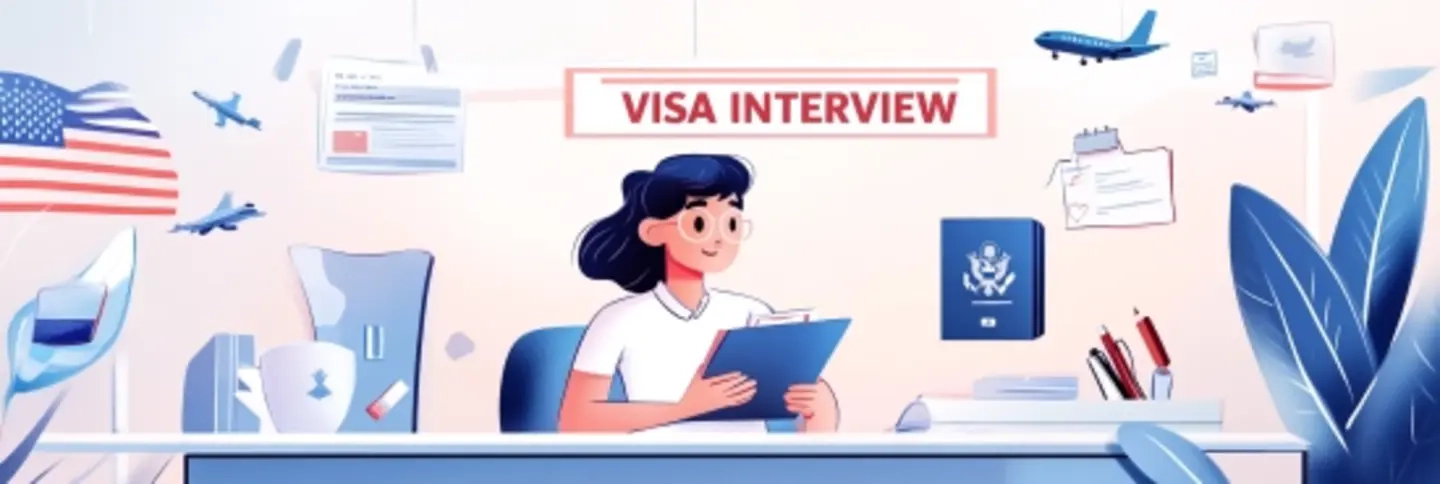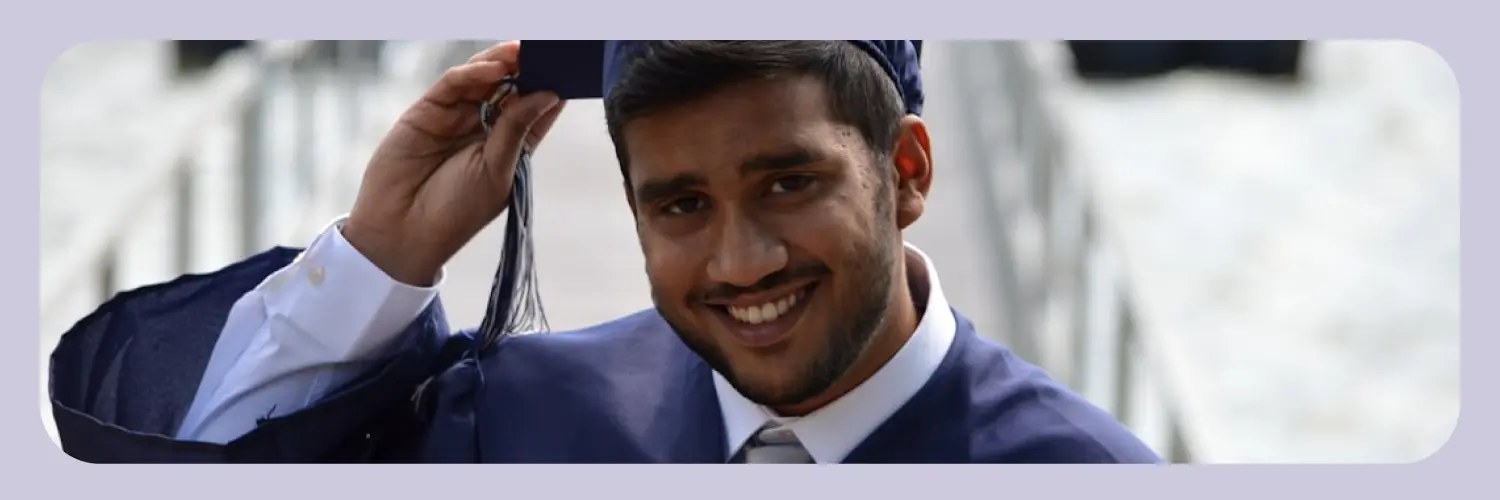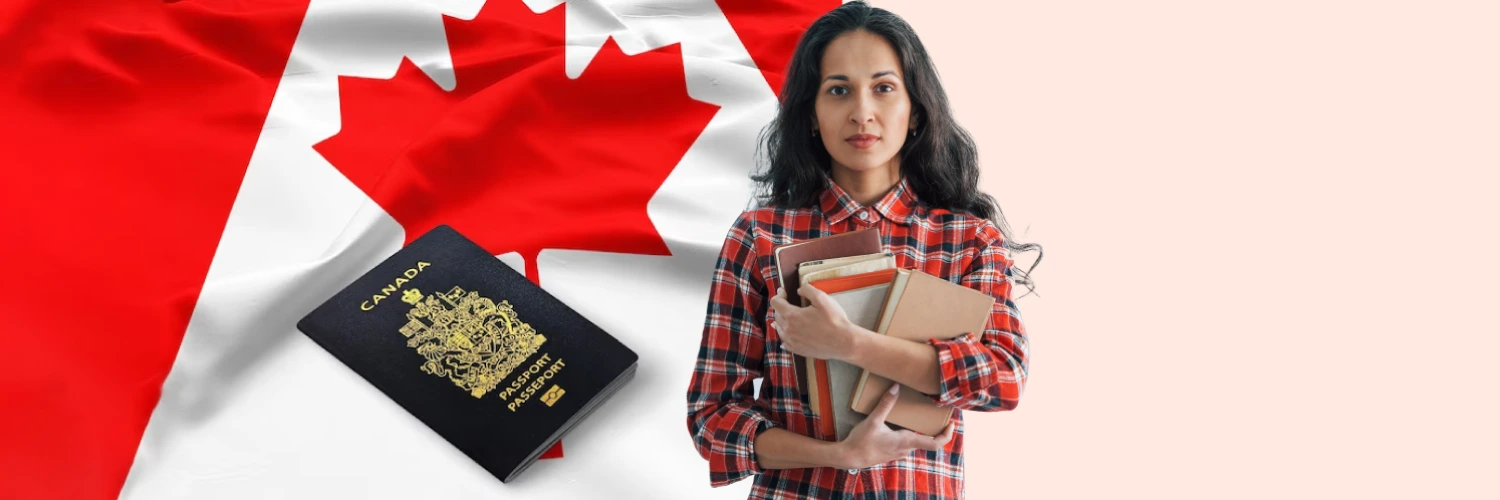
Ace Your USA Student Visa Interview - 2025 Guide
Your 2025 Guide to Ace the USA Student Visa Interview
share
![]()
What is the F-1 Visa and Why Does It Matter?
The F-1 visa allows international students to study full-time at accredited U.S. institutions. It’s more than just a permit—it’s your gateway to quality education, cultural exchange, and career-building opportunities.
The USA Visa Process in 2025: A Step-by-Step Guide
- Secure Admission: Apply to SEVP-certified schools and receive your I-20 form.
- Pay the SEVIS Fee: This fee ensures your registration in the Student and Exchange Visitor Information System.
- Complete Form DS-160: Submit the online non-immigrant visa application.
- Schedule Your Visa Interview: Book an appointment with the nearest U.S. Embassy or Consulate.
- Prepare for the Interview: Gather all required documents and rehearse your answers.
- Attend the interview: Impress with confidence and preparation.
- Receive Your Visa: Celebrate—your U.S. study journey is officially beginning!
Cracking the Interview: Sample Questions and Tips
Visa officers aim to understand your intent, financial stability, and future plans. Here’s how you can tackle common questions:
Study Plans
- 1. Why do you want to study in the USA? What the interviewer is looking for: The officer wants to understand your genuine interest in studying in the USA and how it aligns with your career goals. Tip: Highlight the USA’s world-class education system, research opportunities, and exposure to diverse cultures. Be specific about what makes the USA your ideal study destination.
- 2. Why did you choose this university? What the interviewer is looking for: The officer is assessing whether you’ve researched your chosen university and how it fits your academic and career goals. Tip: Talk about unique aspects of the university, such as its faculty, research programs, course offerings, and campus culture that align with your aspirations.
Financial Stability
- 3. How will you fund your education? What the interviewer is looking for: The officer needs assurance that you have the financial resources to cover your tuition and living expenses in the USA. Tip: Be clear and confident. Mention your sponsors (parents, relatives, or scholarships) and provide supporting financial documents such as bank statements or affidavits of support.
- 4. Have you received any scholarships? What the interviewer is looking for: The officer wants to know if you’ve secured financial aid and how it will help support your studies. Tip: Share details of any scholarships or financial assistance you’ve received, explaining why you were awarded them and how they contribute to your education costs.
Future Goals
- 5. What are your plans after graduation? What the interviewer is looking for: The officer is evaluating your intent to return home after completing your studies, which is a key factor in visa approval. Tip: Emphasize your plans to contribute to your home country’s development, such as pursuing a career in your field or further studies.
- 6. Why not study this course in your home country? What the interviewer is looking for: The officer wants to know why studying in the USA offers a better opportunity than pursuing the same course back home. Tip: Focus on the differences in quality, infrastructure, research opportunities, and global exposure that studying in the USA provides.
Background Check
- 7. Do you have any relatives in the USA? What the interviewer is looking for: The officer wants to determine your family ties in the USA and ensure you’re not likely to overstay your visa. Tip: Be honest and mention only immediate family members who are legally residing in the USA. Avoid providing unnecessary details.
- 8. How many siblings do you have, and what do they do? What the interviewer is looking for: The officer is looking to understand your family background and whether you have strong ties to your home country. Tip: Be clear and concise about your siblings’ careers and locations. This gives a sense of your family’s professional background.
Interview Success Tips: Be Prepared, Be Confident
- Honesty is Key: Avoid fabricating answers.
- Practice Makes Perfect: Rehearse answers to common questions.
- Financial Proof: Carry updated financial documents.
- Highlight Your Ties to Home: Prove your intent to return post-education.
- Dress Smartly: First impressions count.
- Stay Positive: Smile and stay calm throughout.
Common Mistakes to Avoid
- Unclear or inconsistent answers.
- Overemphasizing plans to work in the USA.
- Insufficient financial proof.
- Negative comparisons to your home country.
How Niyo Supports Your USA Study Dream
Navigating finances while studying abroad can be tricky. Niyo simplifies it with tailored solutions:
- No-Fee Forex Cards: Convenient international transactions with zero hidden charges.
- Fee-Free Transfers: Quick and secure money transfers abroad.
- Exam Discounts: Save on GRE, GMAT, TOEFL, and more.
- Discounted GIC/Blocked Accounts: hassle-free compliance for visa requirements.
- Comprehensive Guidance: Assistance with loans, scholarships, and budget planning.
Ready to Fly? Let Niyo Be Your Companion!
With the right preparation and Niyo’s financial tools, you can focus on acing your visa interview and starting your USA adventure.
Good luck with your F-1 visa journey! Got questions? Drop them in the comments or explore Niyo’s offerings today to simplify your study abroad experience.
Download niyo today : https://bit.ly/4joHNJw







